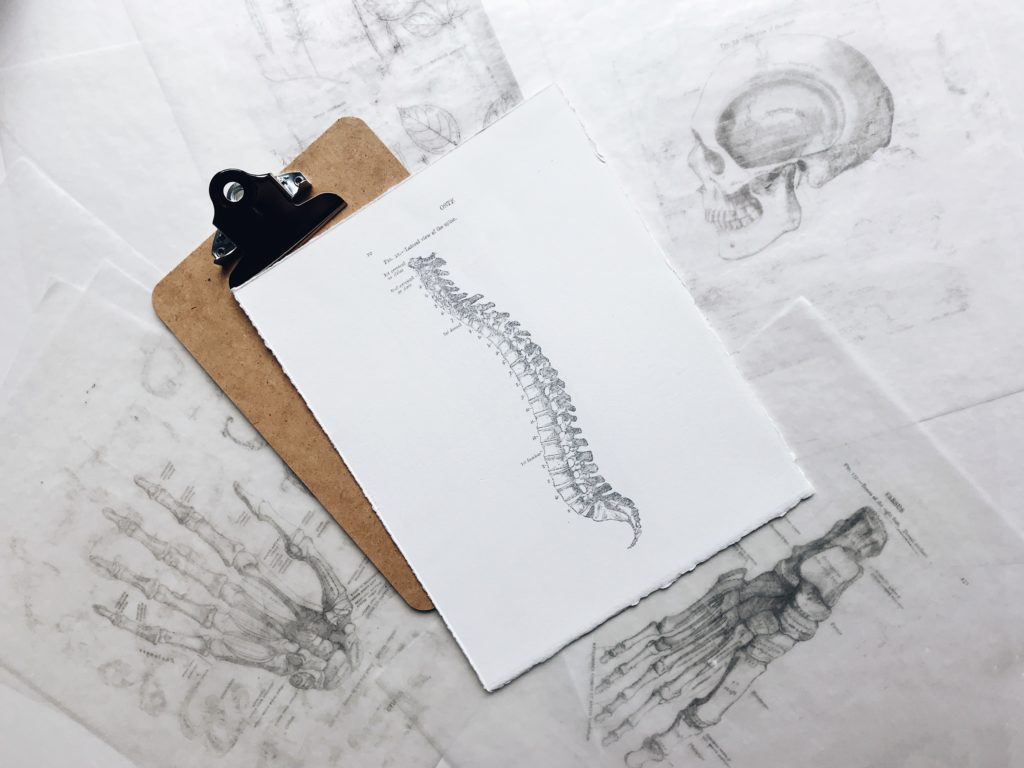Our Blog
01.13.2022
LEGO…Beyond Just Play
As parents, how many of you have had the pleasurable experience of stepping on a LEGO? Pretty sure we have all cursed them when they were left lying about the floor. LEGO bricks are a standard toy in many households. They are easily found in stores and often can be found in garage sales, as

01.03.2022
Occupational Therapy for Adults
In our community, Occupational Therapy for the older adult population is typically relegated to upper extremity orthopedic issues or severe neurological conditions. Occupational therapy practitioners are uniquely qualified to provide a variety of services to older adults because they have an excellent understanding of human activity, daily activity, and function in addition to the knowledge

12.13.2021
Caring for Dementia
Being a family member and/or care partner of someone with a neurological impairment, specifically dementia, can be beautiful and fulfilling. However, caring for dementia can be exhausting at the same time. Around the year 1990, Teepa Snow began the early stages of developing a program referred to as the Positive Approach to Care. It would

01.17.2022
Sciatica – A Pain in the Butt!
You have probably heard of sciatica and maybe you have experience with it yourself. Sciatica is a term that can describe pain that radiates down the leg, but there can actually be a lot of different causes. Physical therapists need to do a little detective work to figure out where and what is causing your

01.10.2022
Bottles for Breastfed Babies – No Need for it to be Scary
Regardless of when you plan to introduce a bottle into your breastfeeding journey, a common question in the clinic (and all over the internet!) is which are the best bottles for breastfed babies, and how to introduce it. Fears of nipple confusion, bottle preference, or complete bottle rejection are common, and with marketing and advertisements

12.15.2021
Holiday S.T.E.M. Activity: Edible Stained Glass
The holiday season is known for the abundance of food and treats. Therefore, this edible stained glass holiday S.T.E.M. activity is a great choice! You will need a base understanding of geometry for this activity. This activity can use premade or store bought candy that is melted, or you can make your own candy. As

